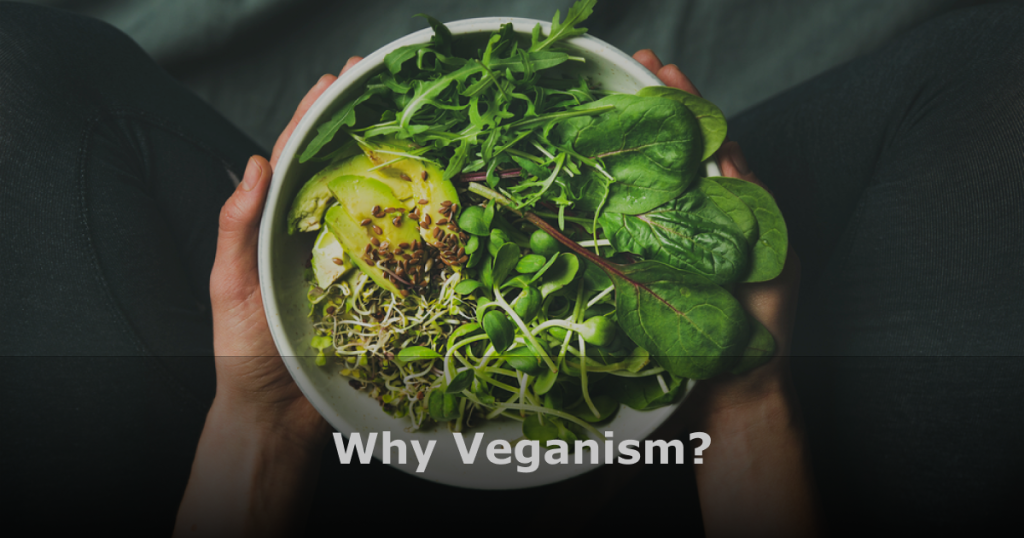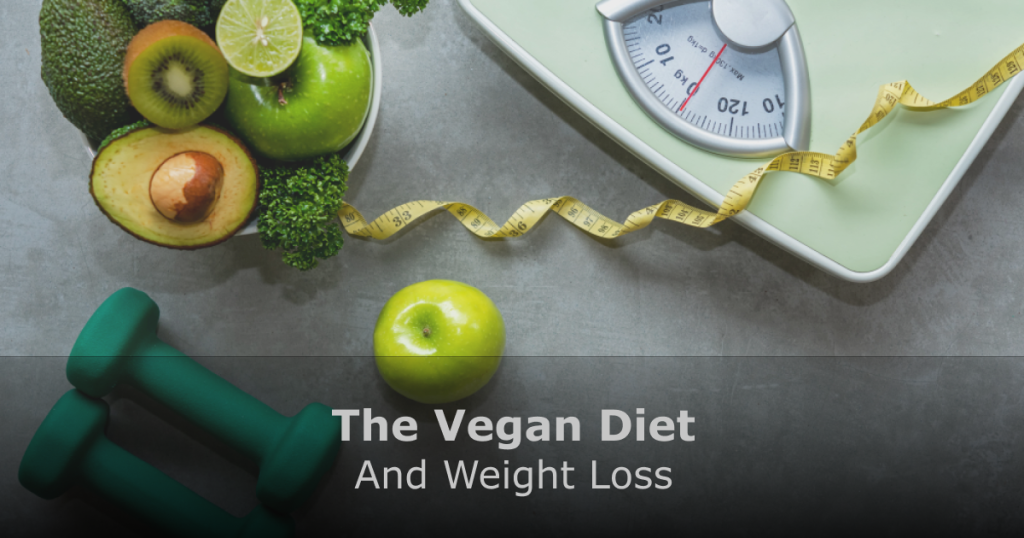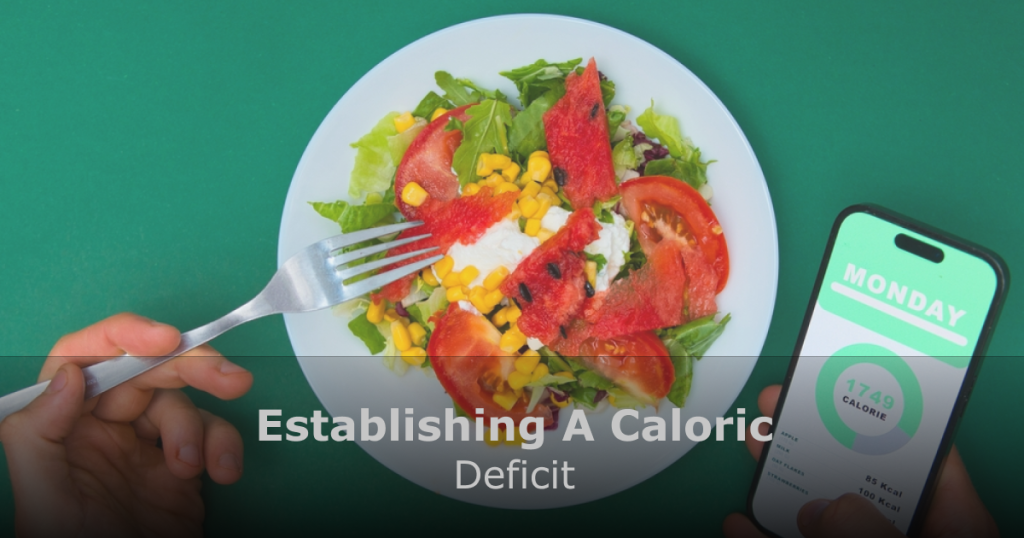In recent years, the vegan diet has become more and more popular. Recent surveys indicate that between 1.5% and 2% of adult Americans say they eat a vegan diet. A vegan diet is a form of vegetarianism in which all animal products—including dairy, eggs, and fish—are excluded in addition to meat and fish. This covers all other animal products as well as honey, gelatin, some food colorings, and some forms of alcohol. It may contain high levels of fiber, phytonutrients, fruits, vegetables, and unsaturated fats. Other protein sources including tofu, lentils, almonds, and chickpeas are substituted for animal proteins. Vegans can also substitute dairy with any of the many non-dairy options available today, such as almond, coconut, and soy milk. This article explores the veganism as diet and weight loss.
Why Veganism?

The vegan diet necessitates meal preparation and planning, much like other diets. Although only a small portion of people adhere to a vegan diet at the moment, it is becoming more and more popular and has several important health advantages, including the ability to lose weight. Is it appropriate to switch to a vegan diet? In addition to several health advantages, vegan diet advocacy can help people lead more environmentally friendly lives. People choose to adopt a vegan diet for a variety of reasons, such as environmental concerns or health benefits.
The vegan diet appears to provide more protection against obesity, type 2 diabetes, and hypertension than the vegetarian diet does. Although there are health advantages to eating a vegan diet, extra care must be taken to make sure that enough protein, zinc, calcium, vitamin D, and vitamin B12 are also ingested. Although a well-planned vegan diet can provide adequate nutrition, there are certain hazards and factors that healthcare professionals need to be aware of. These could include insufficient amounts of certain nutrients, insufficient amounts of protein, inadequate planning and preparation skills, possible energy imbalances, and practical and social difficulties.
The Vegan Diet and Weight Loss

When taking on a vegan diet for weight loss, it is best to opt for a meeting with a clinician in order to get direction, guarantee enough nutrition, and assist in addressing any possible hazards or inadequacies related to the diet. To maximize the results of the vegan diet and weight loss, it is crucial to routinely check your overall health and vitamin levels. Advice for vegan dieters looking to shed pounds in light of obesity and the vegan diet, the following professional advice can help people manage their weight: Emphasis on Whole Foods People should be urged to give whole, unprocessed plant foods including fruits, vegetables, whole grains, legumes, nuts, and seeds primary attention.
These nutrient-dense foods assist weight loss and general health since they have fewer calories per serving and are high in fiber, vitamins, and minerals. Stress the significance of portion management, even while eating plant-based meals. Although there are healthy vegan options, overindulging might undermine weight management efforts. Recognizing the signs of hunger and fullness sent by your body. A vegan’s calorie consumption will vary based on age, gender, height, weight, activity level, and personal objectives for an obese person.
Establishing A Caloric Deficit For Diet and Weight Loss

Maximize Protein Intake: It is possible to lose weight sustainably by cutting calories gradually, by one to two pounds per week. Make sure you are getting enough protein by including different plant-based sources, like seitan, tofu, tempeh, lentils, and plant-based protein powders. Protein promotes weight loss, maintains lean muscle mass, and helps with satiety.
Healthy Fats
Inform people on how to include foods high in healthy fats, like nuts, seeds, avocados, and plant-based oils, in moderation. These fats increase overall meal satisfaction.
They promote the distribution of macronutrients in a balanced way, making sure that complex carbs, proteins, and healthy fats are all present in the right amounts. This diet and weight loss encourages fullness, sustains energy levels, and helps with weight control. Encourage healthy snacking practices by recommending raw veggies, nuts, fresh fruits, and homemade plant-based snacks. This is known as mindful snacking.
Regular Exercise
Stress the benefits of a vegan diet and regular exercise for controlling weight. Urge them to partake in enjoyable activities, such as dancing, walking, cycling, or taking fitness classes.
High Fiber
The vegan diet emphasizes plant-based meals and excludes animal products, which promotes various good health effects. First of all, it usually contains a lot of fiber, which supports a healthy gut microbiota, facilitates digestion, and helps control blood sugar levels. A well-planned vegan diet also tends to be lower in cholesterol and saturated fat, which benefits heart health and lowers the risk of cardiovascular diseases.
Fruit
A vegan diet rich in fruits, vegetables, whole grains, and legumes offers an abundance of vitamins, minerals, antioxidants, and phytochemicals that reduce inflammation, support a strong immune system, and guard against chronic illnesses like type 2 diabetes, some cancers, and age-related macular degeneration. Veganism is a potential strategy for diet and weight loss; general well-being because it places a strong emphasis on entire, plant-based foods, which have many health benefits. People who choose a vegan lifestyle can gain access to a diet that is naturally low in cholesterol and saturated fats, high in fiber, and low in calories density.
Conclusion
A wide range of minerals, antioxidants, and phytochemicals found in an abundance of fruits, vegetables, whole grains, legumes, nuts, and seeds help. This diet and weight loss enhances metabolic health, and lowers the risk of chronic illnesses. But in order to effectively cure obesity, a vegan diet must be carefully planned, taking into account the unique nutrient needs of each individual. The vegan diet is a compelling way to fight obesity and promote holistic well-being because of its ability to support sustainable weight loss, enhance health markers, and contribute to a more sustainable world.

